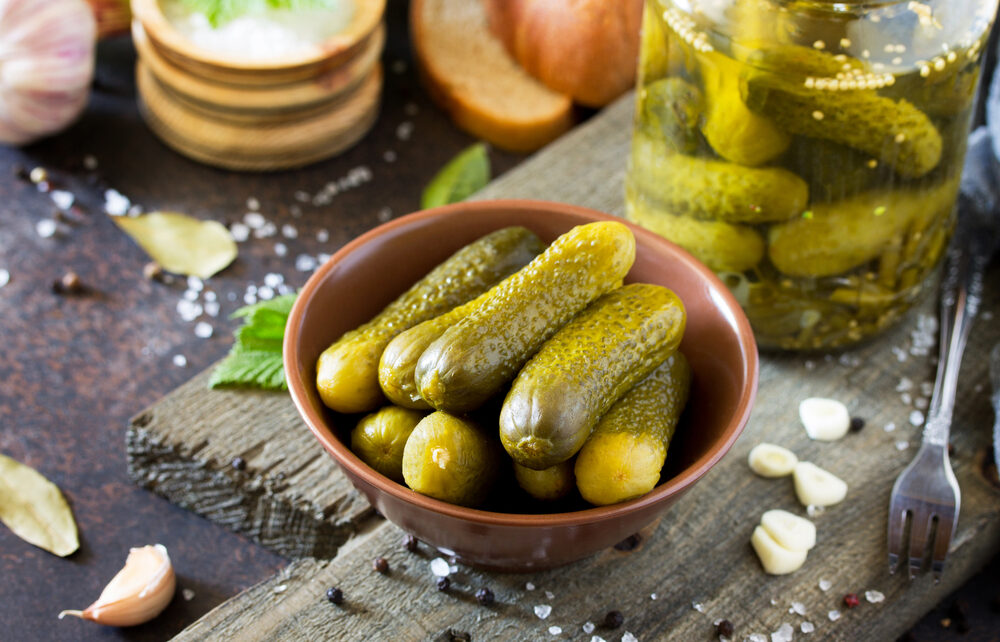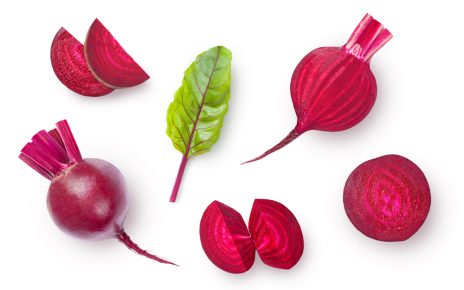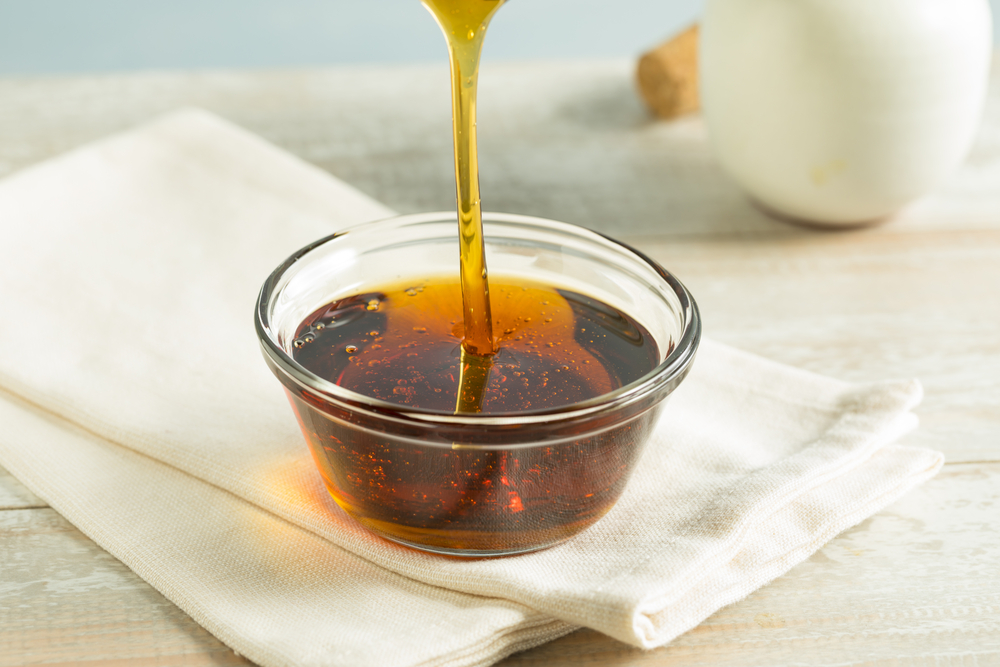Are you following a keto diet and wondering if pickles are approved? Pickles can be a great addition to your keto-friendly snack list, but it’s essential to understand their nutritional value. The keto diet is based on the principle of consuming low-carb and high-fat foods to put your body in a state of ketosis, where it burns fat for energy instead of carbohydrates.
Pickles are made by fermenting cucumbers in vinegar or brine and often flavored with spices like dill, garlic, or mustard seeds. They are low in calories and carbs and high in electrolytes like sodium, potassium, and magnesium. But are they keto-approved? Let’s dive into the nutritional information of pickles and find out if they fit well into your keto diet plan.
The Basics of the Keto Diet
Are you ready to learn the basics of the keto diet, so you can confidently make choices and stay on track with your health goals? The ketogenic diet is a high-fat, moderate-protein, and low-carbohydrate eating plan designed to put your body into a metabolic state known as ketosis. In this state, your body switches from burning glucose for energy to burning stored fat instead. This process leads to weight loss and numerous other health benefits.
Keto meal planning is essential if you want to succeed on this diet. You’ll need to focus on healthy fats like avocado, olive oil, nuts and seeds while avoiding carbohydrates found in grains, fruits, and many vegetables. Protein should come from sources like grass-fed beef or wild-caught fish. When planning your meals, aim for around 75% of calories from fat, 20% from protein and only 5% or less from carbohydrates.
The benefits of ketosis are vast; studies show that it can help improve blood sugar control in people with type 2 diabetes while reducing inflammation throughout the body. It’s also been linked with improved mental clarity and increased energy levels. However, it’s important to note that not everyone should follow this diet long-term – those with liver or pancreas issues may want to avoid it altogether.
Nutritional Information of Pickles
You may be surprised to learn that these crunchy snacks pack a punch of nutrients, with just one medium-sized pickle containing almost 15% of your daily recommended intake of vitamin K. Think of it like a little green shield protecting your bones and helping them stay strong. But what exactly goes into making pickles? The pickling process involves soaking cucumbers in vinegar or brine, along with various spices and flavorings. This process not only gives pickles their distinct taste but also helps preserve them for longer periods.
Here are four facts you may not have known about the nutritional content of pickles:
- Pickles are low in calories: One medium-sized pickle contains only about 5-10 calories, making them an excellent snack option for those on a keto diet.
- Pickles are high in sodium: They contain high levels of sodium due to the pickling process, so if you’re watching your salt intake, be mindful of how many pickles you consume.
- Pickles are a source of probiotics: Fermented pickles contain live bacteria that can help improve gut health by promoting healthy digestion.
- Pickles are rich in antioxidants: The vinegar used in the pickling process contains acetic acid, which has been shown to have antioxidant properties that can help fight inflammation.
While it’s true that some store-bought pickles may contain added sugars or other ingredients that aren’t keto-friendly, plain dill or sour pickles without any added sugars should be safe to consume on a keto diet. Just remember to keep an eye on your sodium intake and enjoy these crunchy snacks in moderation!
Are Pickles Keto-Friendly?
If you’re following a low-carb diet, pickles can be a great snack option due to their low calorie content. But are pickles keto-friendly? The answer is yes! Pickles are made from cucumbers, which are naturally low in carbohydrates. In addition, most brands of pickles contain very little or no sugar, making them an excellent choice for those on a ketogenic diet.
When looking for pickle brands that are keto-approved, make sure to read the labels carefully. Some brands may add sugar or other high-carbohydrate ingredients like corn syrup or honey. Look for brands that use only vinegar and spices to flavor their pickles. You can also make your own pickles at home using vinegar and spices.
It’s important to note that while pickles themselves are keto-friendly, portion control is still important when incorporating them into your diet. A typical serving size of pickles is about 1 ounce or 28 grams. This serving contains only around 1 gram of net carbs, making it an excellent snack choice for those following a ketogenic diet.
In summary, pickles can be a great addition to a keto diet due to their low calorie and carbohydrate content. When choosing pickle brands, look for ones that contain only vinegar and spices as flavorings. Remember to practice portion control when snacking on pickles by sticking to the recommended serving size of about 1 ounce or 28 grams per serving. So go ahead and enjoy some deliciously crunchy and tangy pickles without any guilt!
Health Benefits of Pickles on a Keto Diet
Indulging in these tangy treats on a low-carb diet can provide a multitude of health benefits, including increased hydration and improved digestion due to their high vinegar content. But did you know that pickles are also great sources of probiotics?
These live microorganisms can help balance the gut microbiome, aiding in better nutrient absorption and immune system function. Eating pickles regularly can even reduce your risk of certain gastrointestinal diseases.
One concern some keto dieters may have is the sodium content in pickles. While it’s true that pickles are high in sodium, they can still be enjoyed in moderation as part of a balanced diet. In fact, consuming adequate amounts of sodium is important for maintaining proper electrolyte balance and preventing dehydration on a ketogenic diet. Just be sure to pair your pickle snack with plenty of water!
But the benefits don’t stop there! Pickles may also aid weight loss efforts by promoting feelings of fullness and reducing cravings for sugary snacks. Plus, they’re an easy and convenient addition to any meal or snack time. Whether eaten straight from the jar or sliced up as a sandwich topping, pickles are a tasty way to add flavor and nutrition to your keto lifestyle.
Incorporating more pickles into your keto diet can offer numerous health benefits beyond just satisfying your craving for something salty and sour. With their high vinegar content, probiotic properties, and potential aid in weight loss efforts, this versatile vegetable deserves a spot on your plate (or jar) today!
Other Keto-Friendly Snack Options
Looking for other keto-friendly snack options besides pickles? You’re in luck! Nuts and seeds, cheese and meat, and low-carb vegetables are great choices to keep you satiated between meals. These snacks are all high in healthy fats and protein, while being low in carbs – making them perfect for a ketogenic diet.
Nuts and Seeds
Nuts and seeds can be a great snack option on a keto diet due to their high fat content. Roasted almonds, for example, are a popular choice as they are low in carbs and high in healthy fats. They also provide fiber which can help keep you feeling full and satisfied between meals. Chia pudding is another tasty way to incorporate nuts and seeds into your snacking routine. Chia seeds are an excellent source of omega-3 fatty acids, which have been shown to reduce inflammation and improve brain function.
When choosing nuts and seeds as a snack on the keto diet, it’s important to pay attention to portion sizes as they can quickly add up in calories. It’s recommended to stick with small handfuls or pre-portioned packs to ensure you don’t overdo it on the calories. Additionally, try mixing different types of nuts and seeds together for variety in both taste and nutrients. For example, combining almonds with pumpkin seeds provides a good balance of healthy fats, protein, fiber, and minerals like magnesium and zinc. Overall, incorporating nuts and seeds into your keto diet can be a delicious way to boost your fat intake while providing essential nutrients for optimal health.
Cheese and Meat
Now that you know which nuts and seeds are keto-friendly, let’s move on to another delicious keto option: cheese and meat. These two food groups are perfect for snacking or creating a quick meal on the go. Plus, they’re incredibly versatile as there are countless cheese pairings and meat alternatives to choose from.
Cheese is an excellent source of healthy fats and protein, making it ideal for those following a ketogenic diet. Some great cheese options include cheddar, brie, feta, parmesan, and blue cheese. Pair them with some sliced avocado or cucumber for a satisfying snack that will keep you feeling full for hours. When it comes to meat alternatives, consider turkey slices, boiled eggs, or jerky made from grass-fed beef or wild game like venison. These options provide ample amounts of protein without the added carbs found in processed meats like deli ham or salami. So grab your favorite cheeses and meats and get creative with your snacks!
Low-Carb Vegetables
Cheese and meat are undoubtedly delicious keto options, but if you want to keep your meals exciting and nutritious, don’t forget about the low-carb vegetables! Zucchini noodles are a fantastic alternative to traditional pasta. They’re easy to make with a spiralizer or even just a vegetable peeler, and they have a mild flavor that pairs perfectly with any sauce or seasoning. Plus, they’re incredibly low in carbs – one cup of zucchini noodles only has about 4 grams of net carbs!
Another great option is cauliflower rice. It’s made by simply grating or pulsing cauliflower florets in a food processor until they resemble rice grains. Like zucchini noodles, it’s versatile and can be used as a base for many dishes. Cauliflower rice also has only around 2-3 grams of net carbs per serving, making it an excellent choice for those following the keto diet. So next time you’re planning your meals, consider incorporating some low-carb vegetables like zucchini noodles or cauliflower rice – your taste buds (and body) will thank you!
Conclusion
Congratulations! You’ve made it to the end of this article about pickles and their compatibility with a keto diet. Just like how pickles add flavor and zest to your meals, they can also be a great addition to your keto lifestyle.
Think of pickles as the trusty sidekick to your keto journey. They’re low in carbs, high in electrolytes, and can even aid in digestion. Plus, they’re versatile enough to be enjoyed on their own or paired with other keto-friendly snacks.
So go ahead and embrace the power of pickles on your keto adventure. Remember to always check labels for added sugars and enjoy them in moderation. With these tips in mind, you’ll be well on your way to pickle perfection in no time!



